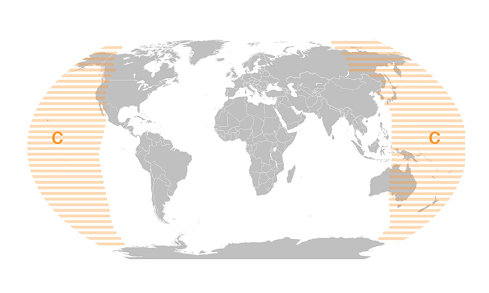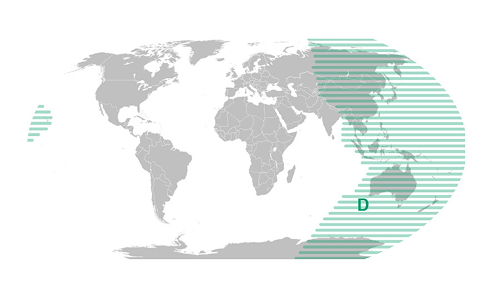
The Scope of Human Inquiry
Consider the magnitude: 170 years of collective work. Over 326,000 hours of careful listening. More than 26,000 parents invited to tell their stories about love, loss, and the care they received as children.
This is the breadth of Adult Attachment Interview (AAI) research since 1985. This landmark study represents 40 years of Adult Attachment Interview research. What Bakermans-Kranenberg and colleagues found explains exactly why Circle of Security is so powerful: it works with the fundamental processes that underpin secure relationships.
The Revolution of Process Over Content
What makes this research paradigm-shifting lies in a simple but profound insight: it's not what parents experienced as children that matters most in predicting security in adults. Rather, it's how clearly and coherently they can reflect on those experiences.
This understanding sits at the heart of Circle of Security. We give parents user friendly language to talk about relationship struggles (Shark Music). We're supporting them to develop a different relationship with their internal experience, one characterized by awareness and choice rather than automaticity.
Coherence: The Heart of Security and Circle of Security Work
Coherence is the ability to think and talk clearly about attachment relationships while staying emotionally regulated – not getting swept away with the emotions or becoming too dismissing or minimizing. It's not about perfect recall or positive experiences, but about maintaining organized thinking when discussing relationships that matter most.
A coherent narrative demonstrates the ability to communicate clearly, access difficult memories without becoming overwhelmed, hold complexity and contradiction, and remain reflective about one's own experience. It's the capacity to think about thinking while staying emotionally available.
Our relationship to and reflection on our experiences are more important than the content of our experiences.
Knowing this is powerful and hopeful because it is always open to change. Coherence isn't a fixed trait; it's a capacity that can be developed. Every time we support parents in Circle of Security to pause and reflect rather than react, to notice their struggle without being consumed by it, we're fostering coherence.
And it is this coherence that underpins attachment security.
What the Research Reveals
Adults classified as secure weren't those with perfect childhoods. They were those who could tell their story with integration, reflection, and emotional availability.
Those adults who were classified as “unresolved” showed an incoherent relationship to their difficult experiences.
But what about those classified as "unresolved"? This classification describes adults who lose coherence when discussing loss or trauma. Their narrative coherence breaks down. They might speak in fragments, become confused about timing, or suddenly shift into the present tense as if the loss were happening now. They might fall silent, or their voice might change entirely. It's as if the difficult experience remains unintegrated, continuing to overwhelm their capacity to think clearly.
Across clinical populations, the research consistently found that unresolved classifications were overrepresented. But here lies profound hope: these moments of incoherence aren't pathology. They're invitations for healing.
Because coherence, the very capacity that underlies security, can be developed through exactly what Circle of Security offers: opportunities to reflect, to make sense of experience, to access soothing and regulation in relationship with others. When we create safe spaces for parents to tell their stories, when we offer a Bigger, Stronger, Wiser and Kind presence as they navigate difficult memories, bring words to their Shark Music, we're providing the very conditions that foster coherence.
A parent who develops greater coherence becomes a parent who can perceive and respond to their child's needs even in challenging moments. And this capacity can always be grown and deepened.
Research discussed: Bakermans-Kranenburg, M. J., Dagan, O., Cárcamo, R. A., & van IJzendoorn, M. H. (2025). Celebrating more than 26,000 adult attachment interviews. Attachment & Human Development, 27(2), 191-228.
https://www.tandfonline.com/doi/pdf/10.1080/14616734.2024.2422045







